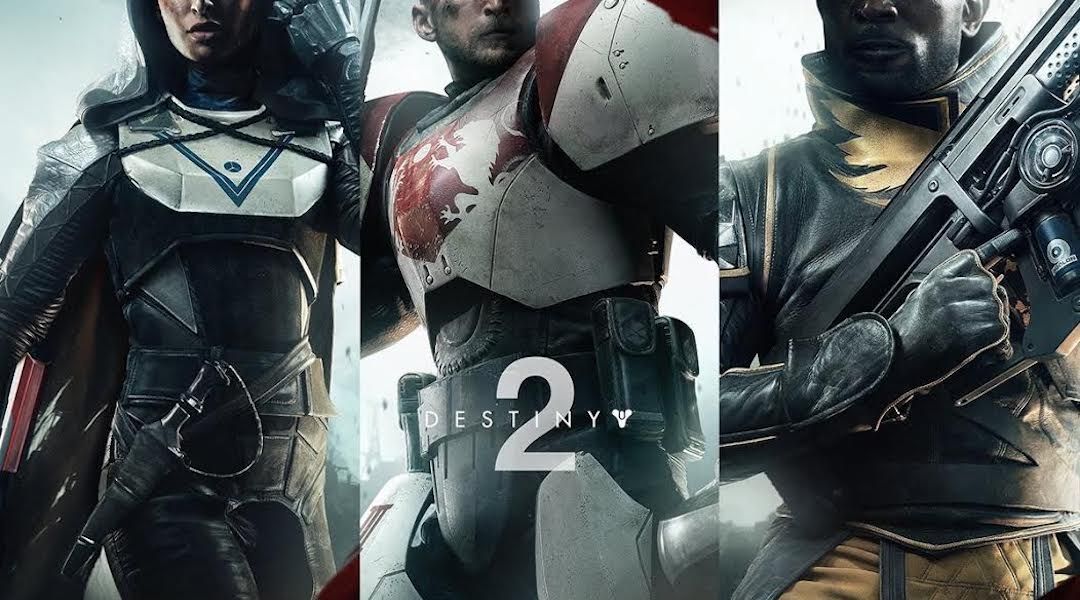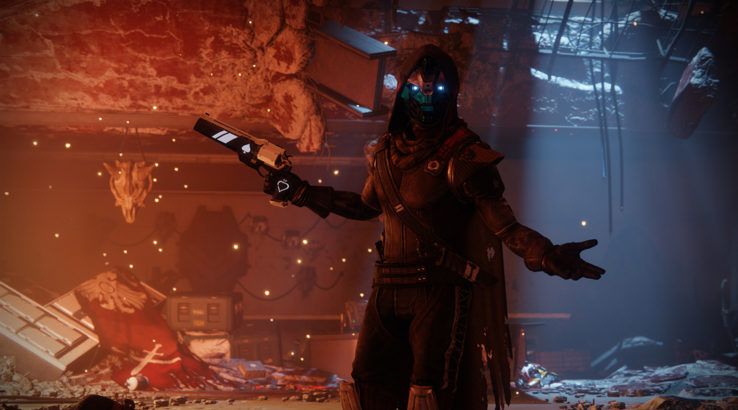Destiny 2 launches on PC today, but the console sales of the game have already made it the best selling game of 2017 so far. No doubt Destiny 2 will have some competition that could take away that title this fall, but Bungie's sci-fi shooter is sitting on top right now.
Those numbers are according to The NPD Group, who said Destiny 2, which released on September 6, topped the charts for the month of September but also sold more copies than any other game that launched since the beginning of 2017:
“Destiny 2 was the top-selling game in September, driving more launch month consumer spend than any other 2017 release to date. With one month of sales, Destiny 2 also becomes the best-selling game of 2017 year-to-date.”
There were earlier reports that the physical sales of Destiny 2 were half that of Destiny 1; however based on this new data from The NPD Group, it appears that can be explained by many gamers who bought the game digitally. The NPD Group also reported that the combination of both physical and digital sales surpassed the first month sales of Destiny 1. And that's nothing to scoff at considering Destiny 1 was the best-selling new IP upon release and raked in nearly $550 million in its first month.
It's also worth noting that, in addition to being the best-selling game of 2017 after just one month of sales, Destiny 2 is also the third best-selling game for the last 12 months, only being beaten by Battlefield 1 and Call of Duty: Infinite Warfare in 2016. It appears that big titles and Game of the Year contenders like The Legend of Zelda: Breath of the Wild and Horizon: Zero Dawn weren't able to sell the same numbers, although they have garnered more universal praise from gamers and critics.
It will be interesting to see how other games sell going into this very big fall season. Plus, Destiny 2 should see another uptick in game sales when it launches on PC (whose sale numbers will not be counted by the NPD Group).
Destiny 2 is available now on PC, PS4, and Xbox One.
Source: VentureBeat


